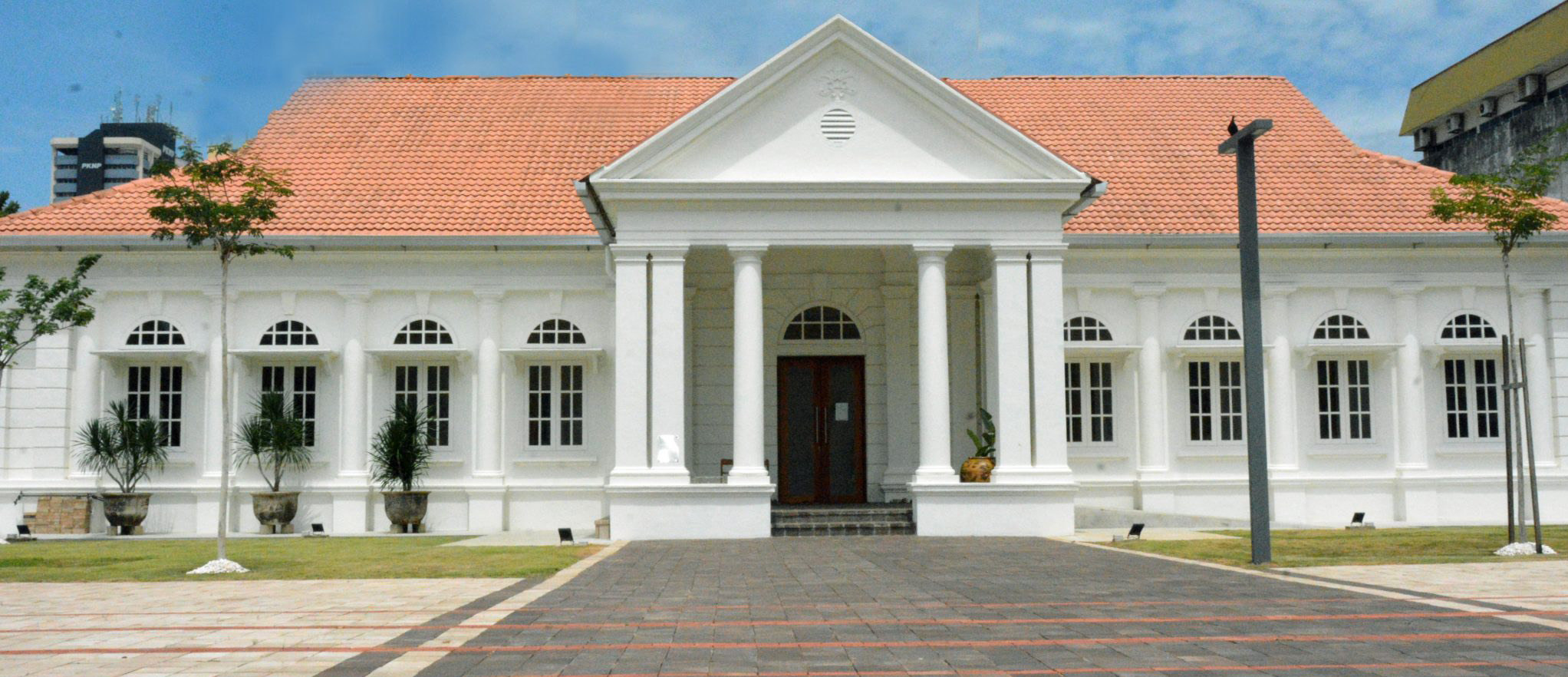Japan’s Imperial House in the Postwar Era, 1945–2019 / (Record no. 3429)
[ view plain ]
| 000 -LEADER | |
|---|---|
| fixed length control field | 01801nam a22001937a 4500 |
| 003 - CONTROL NUMBER IDENTIFIER | |
| control field | PMNP |
| 005 - DATE AND TIME OF LATEST TRANSACTION | |
| control field | 20250619095638.0 |
| 008 - FIXED-LENGTH DATA ELEMENTS--GENERAL INFORMATION | |
| fixed length control field | 250619b |||||||| |||| 00| 0 eng d |
| 020 ## - INTERNATIONAL STANDARD BOOK NUMBER | |
| International Standard Book Number | 9781526156990 |
| 040 ## - CATALOGING SOURCE | |
| Original cataloging agency | PMNP |
| Language of cataloging | eng |
| Transcribing agency | Kutubkhanah Diraja |
| 082 ## - DEWEY DECIMAL CLASSIFICATION NUMBER | |
| Classification number | 952.04 |
| 100 ## - MAIN ENTRY--PERSONAL NAME | |
| 9 (RLIN) | 3608 |
| Personal name | Ruoff, Kenneth J. |
| Dates associated with a name | 1966- |
| Fuller form of name | (Kenneth James), |
| 245 ## - TITLE STATEMENT | |
| Title | Japan’s Imperial House in the Postwar Era, 1945–2019 / |
| Statement of responsibility, etc. | Kenneth J. Ruoff |
| 260 ## - PUBLICATION, DISTRIBUTION, ETC. | |
| Place of publication, distribution, etc. | Cambridge |
| Name of publisher, distributor, etc. | Harvard University Press |
| Date of publication, distribution, etc. | 2020 |
| 300 ## - PHYSICAL DESCRIPTION | |
| Extent | 420p |
| 520 ## - SUMMARY, ETC. | |
| Summary, etc. | With the ascension of a new emperor and the dawn of the Reiwa Era, Kenneth J. Ruoff has expanded upon and updated The People’s Emperor, his study of the monarchy’s role as a political, societal, and cultural institution in contemporary Japan. Many Japanese continue to define the nation’s identity through the imperial house, making it a window into Japan’s postwar history.<br/><br/>Ruoff begins by examining the reform of the monarchy during the US occupation and then turns to its evolution since the Japanese regained the power to shape it. To understand the monarchy’s function in contemporary Japan, the author analyzes issues such as the role of individual emperors in shaping the institution, the intersection of the monarchy with politics, the emperor’s and the nation’s responsibility for the war, nationalistic movements in support of the monarchy, and the remaking of the once-sacrosanct throne into a “people’s imperial house” embedded in the postwar culture of democracy. Finally, Ruoff examines recent developments, including the abdication of Emperor Akihito and the heir crisis, which have brought to the forefront the fragility of the imperial line under the current legal system, leading to calls for reform. |
| 650 #0 - SUBJECT ADDED ENTRY--TOPICAL TERM | |
| 9 (RLIN) | 86 |
| Topical term or geographic name entry element | History |
| 942 ## - ADDED ENTRY ELEMENTS (KOHA) | |
| Source of classification or shelving scheme | |
| Koha item type | Books |
| Suppress in OPAC | No |
| Withdrawn status | Lost status | Source of classification or shelving scheme | Damaged status | Not for loan | Home library | Current library | Shelving location | Date acquired | Total Checkouts | Full call number | Barcode | Date last seen | Price effective from | Koha item type |
|---|---|---|---|---|---|---|---|---|---|---|---|---|---|---|
| Perbadanan Muzium Negeri Pahang | Annexe Office | Annexe | 06/19/2025 | 952.04 | 2025-0257 | 06/19/2025 | 06/19/2025 | Books |
